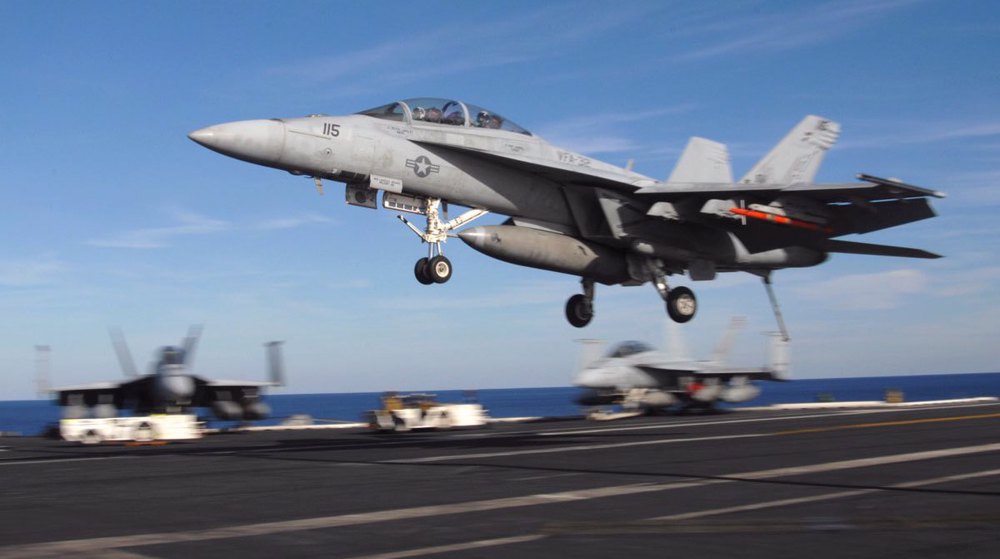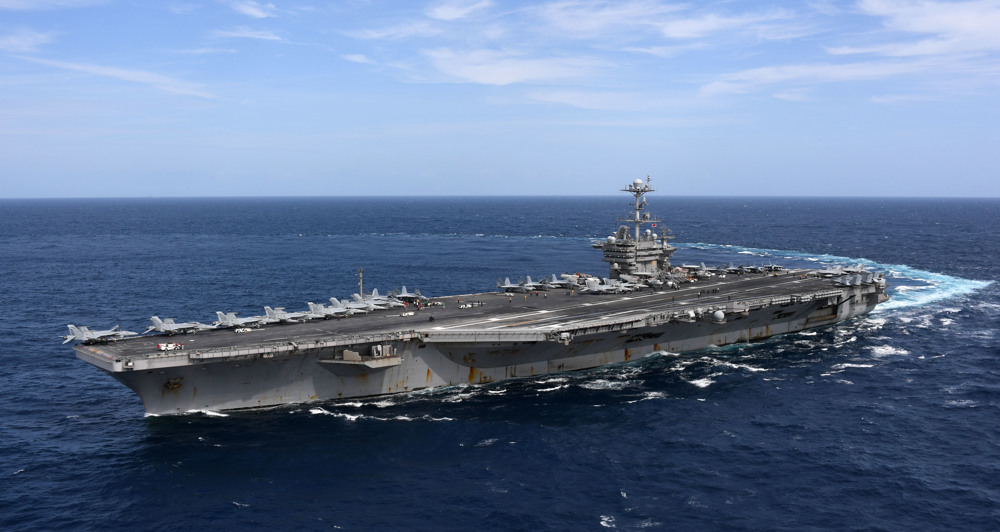US Army chief calls for ‘military Schengen,’ says Russia violating military protocols
The US and its allies in Europe need to form a “military Schengen” through special transport and border rules to help NATO forces deter Russian military forces more quickly, says the US Army's commander in Europe.
"The alliance needs to be able to move as quick, or quicker, than Russian Federation forces if we want our deterrent capability to be effective," Lt. General Ben Hodges was quoted as saying by the Associated Press on Monday.
He said NATO needs to know how it can "get that speed within existing peace-time rules for movement on highways, rail and so on" for its military operations to be effective.
The so-called "military Schengen" bears a reference to Europe's 26-nation Schengen area, where people and goods can cross borders without ID checks.
The US and its allies have been deploying weapons and equipment to NATO’s eastern frontier since 2014, after the Crimean Peninsula’s reintegration with Russia in a referendum.
Washington has long been asking its European allies to soften border regulations to allow easier movement for military convoys.
A report by The New York Times in early August revealed that the US was unhappy with Europe’s strict laws for all things military, which meant its military forces had to coordinate their every single step with local authorities.
In a recent case, Austrian border agents stopped an American Army supply convoy rushing ammunition from Germany to Romania for three days due to restrictions for military convoys during busy summer vacation travel periods.
New accusations against Russia
Hodges also discussed Russia’s major Zapad (West) joint military drills with Belarus last month and accused Moscow of violating international protocols by hiding the real number of participating troops.
While Russia announced that the military exercise involved only 12,700 troops, the American general said the real number was “more than 40,000.”
Repeating NATO claims that Russia blocked Western military monitors from overseeing the war games, Hodges said Moscow intentionally split up the Zapad-2017 drills into small events to defy international agreements on reporting military exercises.
VIDEO | Report flags India’s violation of rights of Rohingya detainees
Turkey's foreign minister meets Syria's de facto leader in Damascus
'Next to impossible' to rescue patients from Gaza's Kamal Adwan Hospital: Director
VIDEO | Vietnam current prosperity
Report blames gasoil exports for shortage at Iranian power plants
VIDEO | Hind Rajab Foundation names Israeli war criminals vacationing after Gaza genocide
VIDEO | Australians rally for Gaza ahead of Christmas festivities
VIDEO | Attacks on Sana'a











 This makes it easy to access the Press TV website
This makes it easy to access the Press TV website